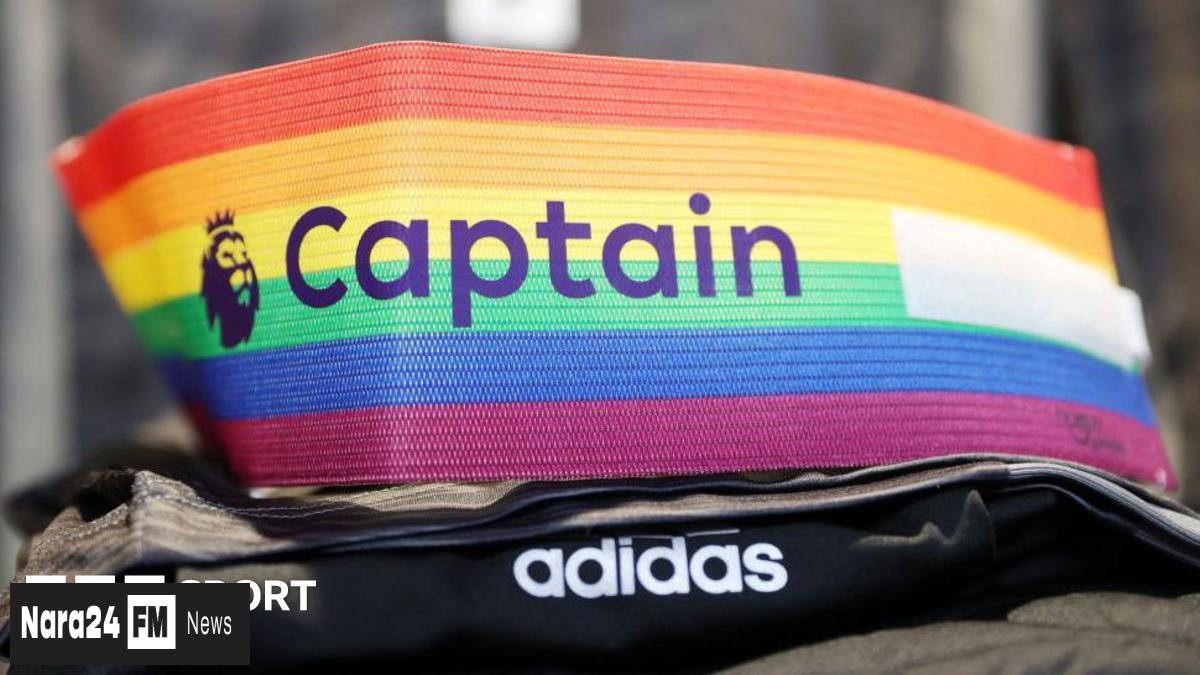The Premier League has announced the end of its partnership with LGBTQ+ advocacy charity Stonewall, marking a significant shift in its approach to promoting inclusivity in football. The decision follows the league’s plan to develop an independent campaign for LGBTQ+ History Month in February, a move that has sparked discussions about the future of diversity initiatives in the sport.
The collaboration with Stonewall, which began in 2014, was central to the Rainbow Laces campaign—a symbolic effort to celebrate LGBTQ+ rights and foster acceptance. This initiative saw most Premier League captains wear rainbow armbands and players don colored laces, a gesture that gained global recognition for its commitment to equality. However, the league now states it will focus on its own programs, citing ongoing work with clubs to address discrimination and maintain existing educational resources.
Stonewall acknowledged the change, noting that partnerships with organizations like the FA and the Women’s Super League have helped sustain progress in LGBTQ+ inclusion. The charity emphasized that the Rainbow Laces campaign, launched in 2013, had broad support across English football but has faced challenges in recent years, including debates over the effectiveness of DEI (diversity, equity, and inclusion) efforts.
Notable instances of resistance to the campaign have included Ipswich captain Sam Morsy, a Muslim player who opted not to wear the rainbow armband last season due to personal beliefs. Similarly, Crystal Palace’s Marc Guehi modified his armband to include a religious message, while Manchester United faced internal conflict over a planned LGBTQ+ jacket. These cases highlight the complexities of balancing inclusivity with individual convictions.
Despite the partnership change, the Premier League has confirmed that players will continue the No Room for Racism knee gesture in the 2025-26 season, but only during October’s Black History Month. This decision comes after the England women’s team announced they would discontinue the practice, raising questions about the league’s broader stance on social issues.
The move has drawn attention from activists, who are closely monitoring the league’s new campaign amid concerns about the lack of openly LGBTQ+ players in the top flight and a recent rise in homophobic incidents at matches. Critics argue that abandoning Stonewall could risk diluting progress, while supporters see it as an opportunity for the Premier League to take greater ownership of its inclusivity efforts. As the league prepares for its own initiative, the spotlight remains on its commitment to advancing equality in football.
Analysis by Josh Parry, LGBT & Identity Reporter, BBC News: The Rainbow Laces campaign became a powerful emblem of inclusion in football, but its evolution reflects broader tensions over the role of sports in social advocacy. The Premier League’s pivot to an independent campaign underscores both the challenges and opportunities in addressing LGBTQ+ representation, particularly as the sport grapples with its own internal debates and external scrutiny.








Comments (0)
Leave a Comment
Be the first to comment on this article!